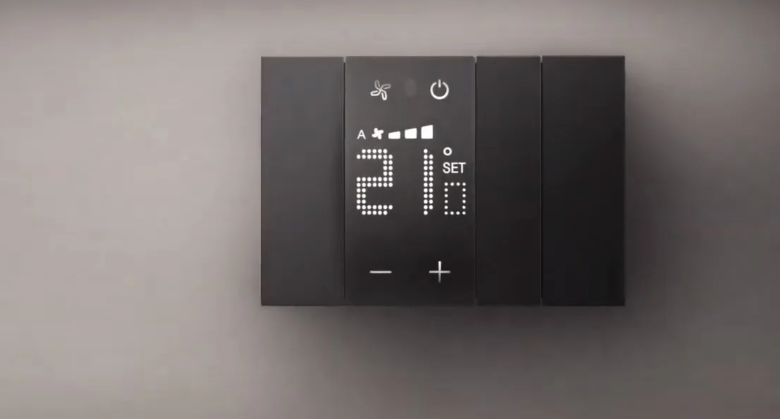
Asset recovery is more than just moving out old hardware. It’s a strategy. One that helps companies maximize value from aging or surplus IT infrastructure. Whether you’re upgrading your tech or consolidating your servers, selling used data center equipment can be a smart move—if done right. But before jumping in, you need to understand the landscape. A rushed sale might cost you more than you realize.
Evaluating Equipment Value Requires More Than Age
Age isn’t everything when it comes to resale value. Just because a server is a few years old doesn’t mean it has no worth. Factors like performance, condition, demand in the resale market, and even manufacturer reputation can affect the price. Some brands retain value longer than others. Knowing this helps you price things properly and avoid underselling viable hardware.
Timing the Decision to Sell Used Data Center Equipment Matters
To sell used data center equipment effectively, timing is crucial. The phrase refers to the resale of pre-owned servers, switches, racks, and related hardware from facilities no longer in use. Selling too early might mean giving up useful capacity. Selling too late could mean outdated gear with no value. The sweet spot is when hardware is no longer efficient for your needs but still usable for others. Before adding anything to your asset recovery list, check market trends and resale cycles to get the most return when you sell used data center equipment.
Secure Data Erasure Should Be the First Step
Before you move any item out the door, data security must come first. Old storage drives and blade servers can hold sensitive information, even if they look wiped. Simply deleting files isn’t enough. You’ll need certified data erasure methods or physical destruction for total peace of mind. This isn’t just about protecting your business—it’s also a legal and compliance matter.
Find the Right Partner to Sell Used Data Center Equipment
Choosing a reliable vendor makes all the difference. Not every IT recycler or reseller plays by the same rules. Some offer fair appraisals and full-service pickup, while others give lowball offers and leave you with logistics. A qualified asset recovery partner can test, document, erase, and remarket your equipment. They also help you comply with environmental regulations. If you plan to sell used data center equipment, partner with someone who knows how to handle high-value assets responsibly.
Documentation Helps You Stay in Control
Keeping good records isn’t just best practice—it’s essential for audits and resale tracking. Your recovery plan should document each step. Know where your equipment came from, how it was handled, when it was erased, and what you received for it. Asset tags, serial numbers, and certificates of destruction or erasure give you control.
Environmental Impact Is Part of the Plan
Today, sustainability matters. Getting rid of IT hardware doesn’t mean tossing it in a landfill. Reuse, refurbish, and recycle should all be considered. By selling equipment that can be reused, you extend its life and reduce e-waste. Even unusable parts can often be broken down and recycled properly. Make environmental accountability a central part of your asset recovery strategy.
Conclusion
Selling used data center equipment is more than a transaction—it’s a process. A smart, well-timed recovery strategy can yield strong financial and operational benefits. But it demands attention to detail: from security to vendor selection, from timing to transparency. Done right, it transforms unused hardware into value, reduces environmental impact, and keeps your organization ahead of the curve.



